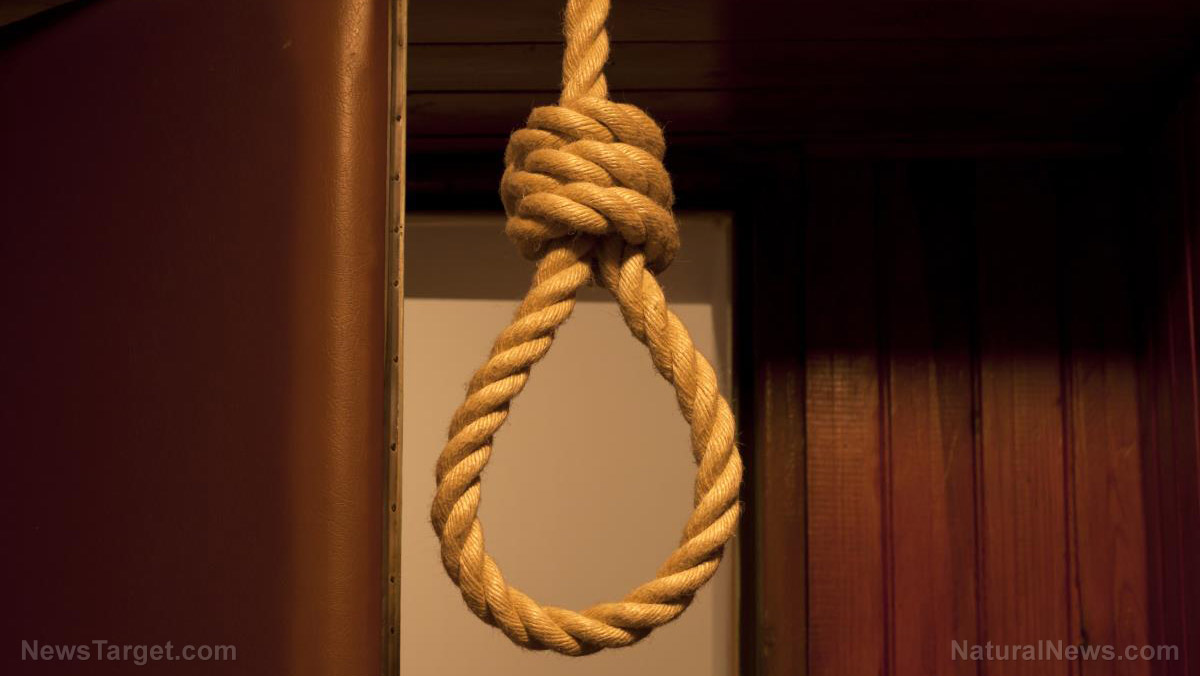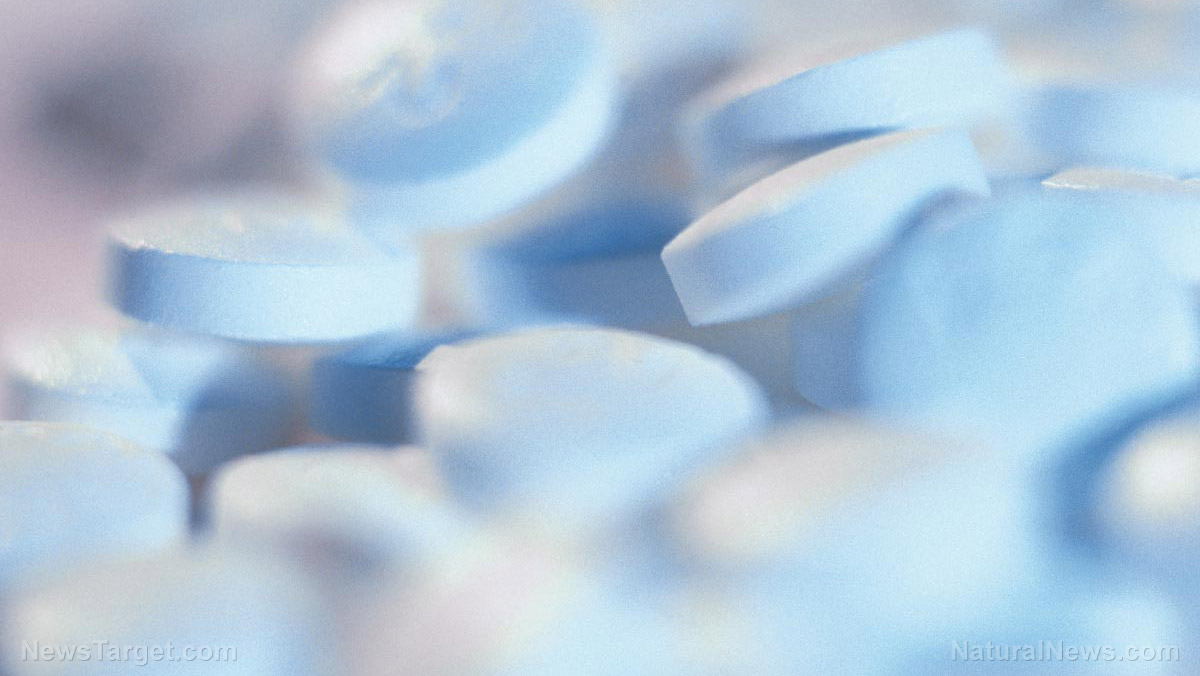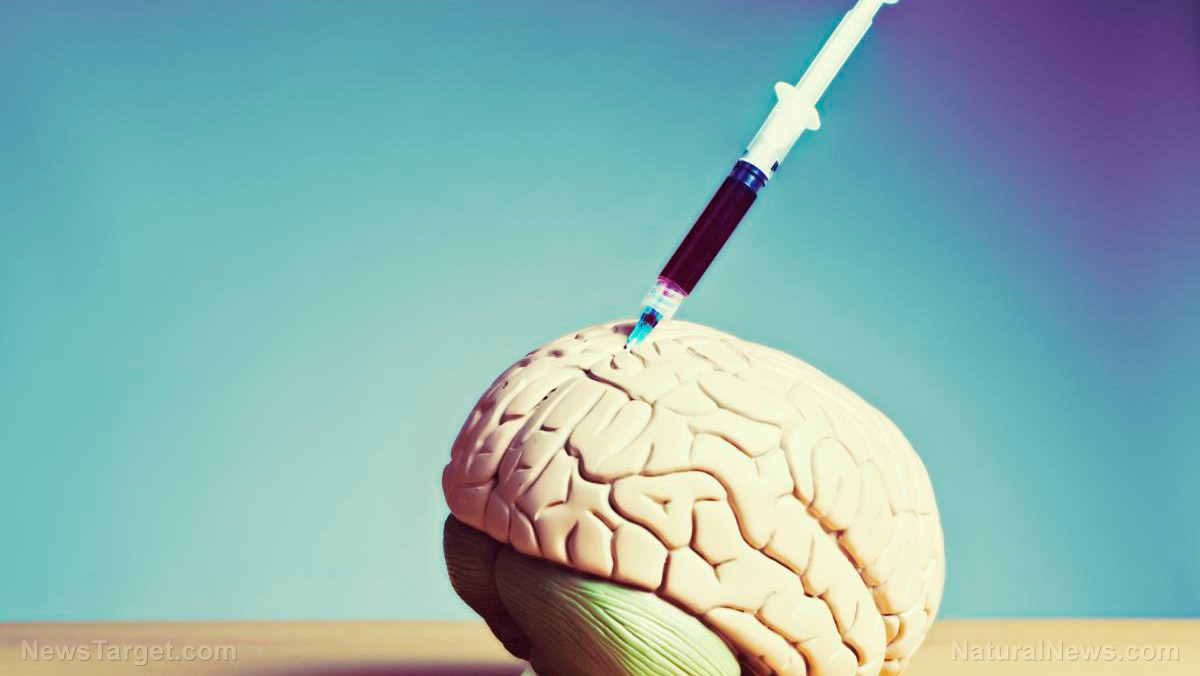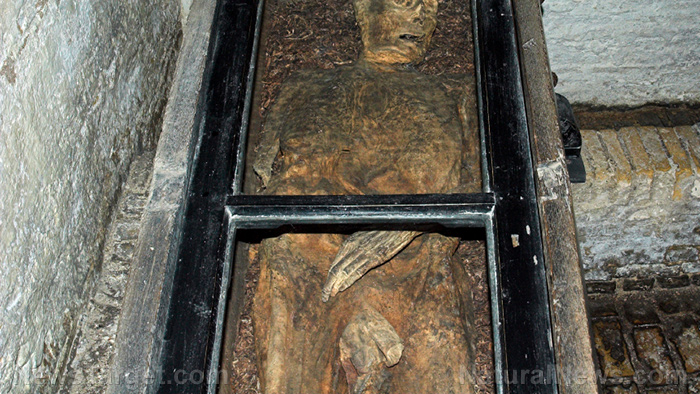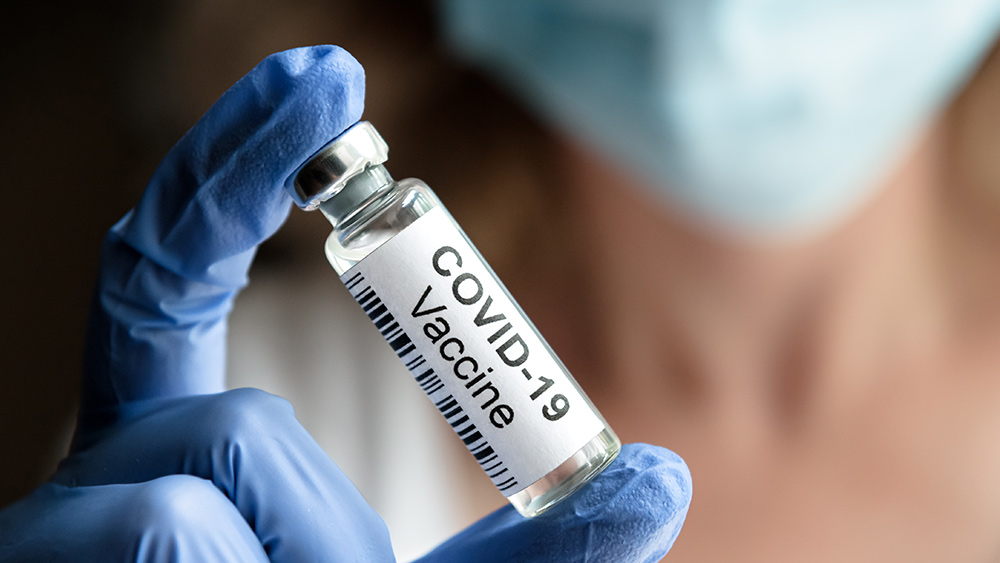
Phase 2/3 of Moderna's pediatric Wuhan coronavirus (Covid-19) vaccine trial is now underway, which means that children as young as six months old are being injected with gene-altering messenger RNA (mRNA) in the name of "science."
Known as the "KidCOVE study," Moderna's clinical trial includes about 6,750 children, all between the ages of six months and 11 years, from Canada and the United States. Each babe is receiving differently sized injections based on age for the first part of the trial, and how their bodies respond will determine the doses they receive during phase two.
According to a press release about the study, jab effectiveness "will either be inferred through achieving a correlate of protection, if established, or through immunobridging to the young adult (ages 18-25) population." After receiving their second dose, children will then be monitored and followed up with after a year has passed.
"We are pleased to begin this Phase 2/3 study of mRNA-1273 in healthy children in the U.S. and Canada and we thank NIAID and BARDA for their collaboration," announced. Stephane Bancel, CEO of Moderna.
"It is humbling to know that 53 million doses have been administered to people in the U.S. We are encouraged by the primary analysis of the Phase 3 COVE study of mRNA-1273 in adults ages 18 and above and this pediatric study will help us assess the potential safety and immunogenicity of our COVID-19 vaccine candidate in this important younger age population."
People everywhere are getting injured or dying after receiving their Wuhan coronavirus (Covid-19) injections. To learn more, check out ChemicalViolence.com.
Fauci's federal agency spearheading mRNA trials on little children
The research is taking place in partnership with the National Institute of Allergy and Infectious Diseases (NIAID), which is headed up by none other than fake doctor Anthony Fauci. The Biomedical Advanced Research and Development Authority (BARDA) is also involved.
Meanwhile, Pfizer and BioNTech are already testing their mRNA injections in children as young as 12. Since the Food and Drug Administration (FDA) has only issued emergency use authorization (EUA) for the drug in people 16 years or older, Pfizer-BioNTech wants to expand that to younger children as quickly as possible.
Back in February, Johnson & Johnson (J&J) also announced that it had begun to study the effects of its Chinese virus jab in teenagers. That trial began by looking at the effects of the J&J injection in children between the ages of 12 and 18, and J&J plans to continue expanding its test pool to include increasingly younger children.
"I think it's likely to occur right in that timeline," stated J&J CEO Alex Gorsky about his company's plan to start injecting people under the age of 18 by September. "The good news is, is that the FDA is already working with companies to establish the clear regulatory guidelines, so that the appropriate data can be collected."
The type of vaccine that J&J wants to administer to children has supposedly already been administered to young people in the past. While both the Pfizer-BioNTech and Moderna Wuhan flu shots contain mRNA technology, J&J's uses viral vectors.
"We will conduct several immunogenicity and safety studies in children from 17 years of age down to neonates," says Dr. Macaya Douoguih, head of clinical development and medical affairs at J&J. "We are also anticipating a study in pregnant women in the second and third trimesters toward the end of March, early April."
Douoguih added that J&J also plans to begin studying the effects of its vaccine for Chinese germs in immunocompromised people. This research is expected to begin somewhere around the third quarter of 2021.
At this point in time, the FDA has not issued a EUA for any Wuhan coronavirus (Covid-19) injection in children, save for Pfizer's which can be given to children as young as 16.
Sources for this article include:
Please contact us for more information.












